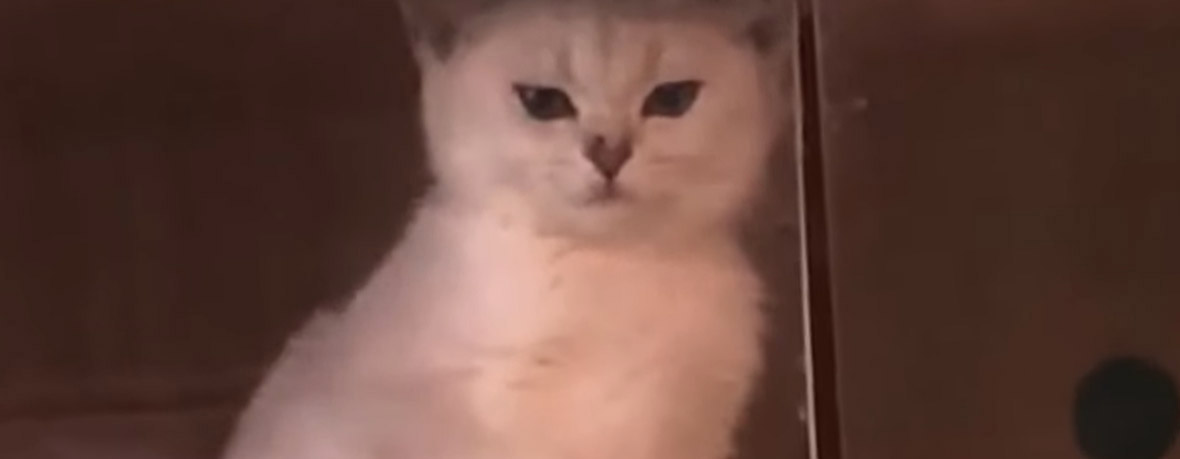- info@PalmBeachanimalattic.com
Call 24/7 for a free quote:
561-282-5783
Stray Cat Poop: Appearance and Where to Find Them
There have been numerous articles that are discussing the dangers of the feral cat poop. It may contain different parasites such as Toxoplasmosis. This parasite may be dangerous to people with weakened immune system and pregnant women. It can also be found in the other creature, but it can only develop fully on the intestines of the feline creatures such as the
Florida stray cat.

What Does Feral Cat Poop Look Like?
Their feces will be tubular similar with the feces of your average house cat. It has a dark brown shade and it should be malleable just like the consistency of the molding clay. The average stray cat will defecate at least once each day. Having the skills and knowledge to identify the presence of the cat poop in your yard will help you stay away from the dangers related with them.
Dangers of Stray Cat Feces
Toxoplasmosis is caused by a parasitic entity known as Toxoplasma gondii. This will have an adverse effect on the development of the fetus if a pregnant woman has been affected by this parasite. Therefore, pregnant women should be careful when cleaning the poop of these animals. It can also affect the brain of the affected person especially those who are going through cancer treatments.
Aside from the toxoplasmosis, it can also carry parasites such as tapeworm, hookworm, and roundworm. In order to reduce the level of contamination, you might want to wash your hands thoroughly after tending your garden. Nonetheless, the
Palm Beach cat feces can still be used to fertilize the soil just like the cow and chicken feces.
Where to Find the Stray Cat Poop
The poop of the stray cat will commonly be found in our yard. They love to leave their evidence in areas with loose soils. You may also discover it at the space under your shed or porch.
Palm Beach stray cats will often be active in a place that provides them an easy access to food. Avoid giving them food since this will serve as an invitation to them. They will return to your yard thinking that they will score a free food.
Cleaning the Feces of Feral Cats
We highly discourage you from using repellents that are meant to hurt the creature such as mothballs. Mothballs is a remedy that is being used by our forefathers, but it is highly toxic to pets and children. They contain pesticides that can be damaging to the quality of the air and soil. You may use a chicken wire that will cover the loose soil. Other things that can make the soil less tempting to the stray cat will be coarse mulch, spike mats, and stone mulch. You may also use netting to deter their presence in your yard.
Perhaps the best deterrent against the feral cats would be water sprinkler with motion sensors. The sudden blast of water will startle them and will think that your place will not be safe for them. If they keep on returning to your property, you should call the local animal control agency to rescue them.
Visit our Palm Beach wildlife trapping home page to learn more about us.

